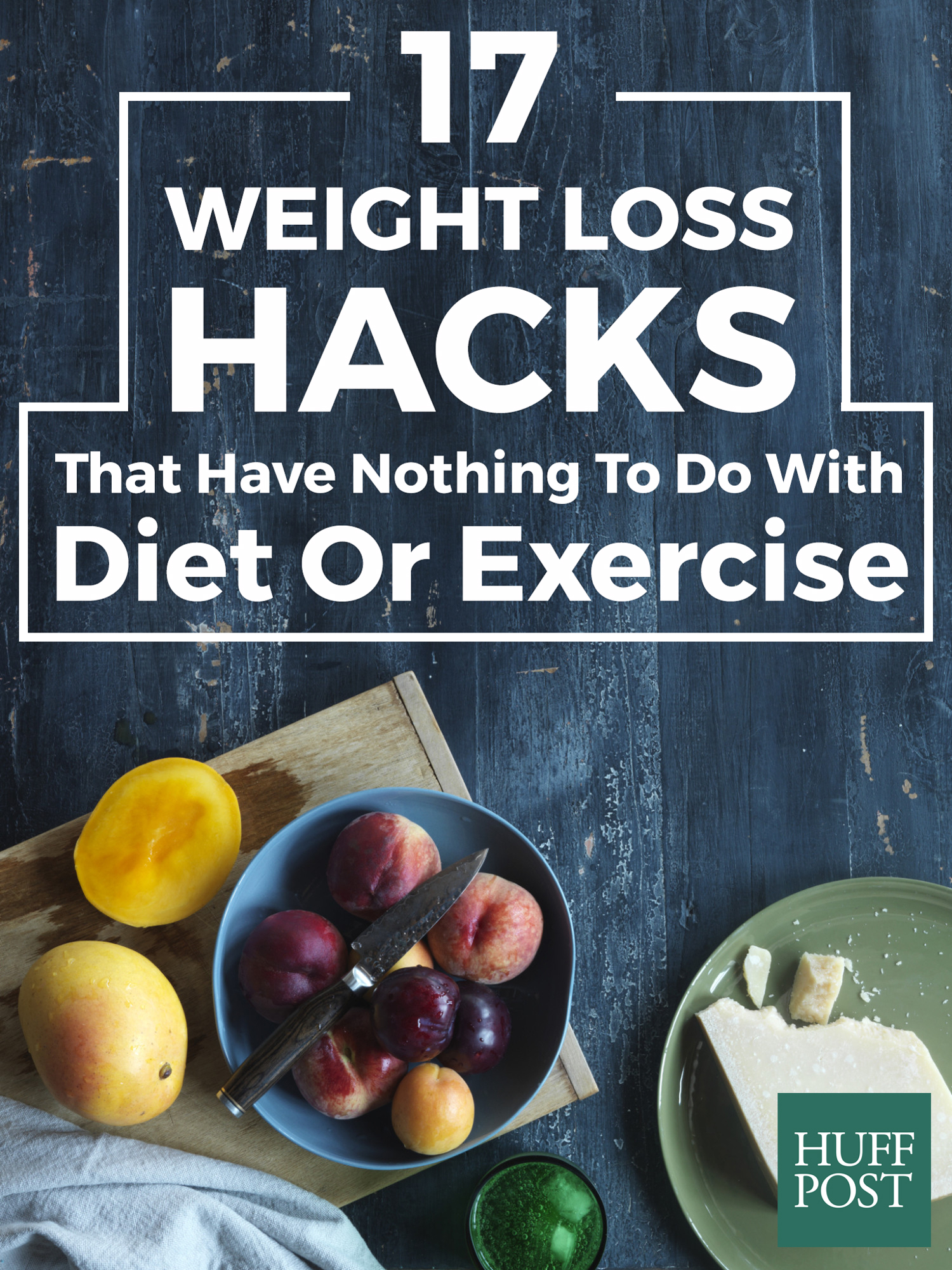Lose Weight > Common Sense To Lose Weight > Common Sense Article > Diet + Weight Loss for Vegetarians
Diet + Weight Loss for Vegetarians
A vegetarian diet is not necessarily healthy or less fattening. Just because you do not eat meat, does not mean you are eating a healthier diet.
Cutting out your meat consumption DOES have beneficial effects on your body. However, simply eliminating meat does NOT mean you are healthier.
To make sure your body is getting the nutrients it needs, please follow these guidelines:
1. Avoid junk food:
+Candy, cookies, cakes, fries, and cheesy pizzas make vegetarians fat, too!
+Many instant or pre-cooked vegetarian meals are very high in fat. (check food labels)
2. Don't fry with fat:
If you must fry with fat, use a fat-spray or fry with soy sauce, lemon juice, water, or fruit juice.
3. Make sure your daily diet includes a wide variety of foods:
Why? Because no single plant food is as nutritious as meat. If you do not eat meat, you must find a variety of plant alternatives to provide the same healthy level of nutrition.
When you eliminate meat from your diet, your body will probably be nutrient-deficient in some areas.
Nutrients normally found in animal products that are not always found in a vegetarian diet include: iron, calcium, vitamin D, vitamin B12, zinc and protein.
Below are vegetarian foods (if you are vegan, egg and dairy products are not allowed) that contain these nutrients:
+Iron - Cashews, tomato juice, rice, tofu, lentils, and garbanzo beans (chick peas).
+Calcium - Dairy products, fortified soymilk, fortified orange juice, tofu, kale, and broccoli.
+Vitamin D - Fortified milk and soymilk, and fortified cereals (or a small amount of sunlight).
+Vitamin B12 - Eggs, dairy products, fortified soymilk, cereals, tempeh, and miso. Tempeh and miso are foods made from soybeans. They are low in calories and fat and high in protein.
+Zinc - Whole grains (especially the germ and bran of the grain), eggs, dairy products, nuts, tofu, leafy vegetables (lettuce, spinach, cabbage), and root vegetables (onions, potatoes, carrots, celery, radishes).
+Protein - Vegetarians must eat a variety of plant foods over the course of a day to get enough protein. Plant foods that have the most protein are lentils, tofu, nuts, seeds, tempeh, miso, and peas.
4. Get to know your local health-food store or health food section of your favorite grocery store. If you are not familiar with some of the above foods, get advice! Visit your local health-food store and ask them for advice on cooking and storage. Most stores are extremely helpful and offer all sorts of help.
5. Teach yourself about nutrition:
Vegetarian eating is becoming much more common. Libraries and bookshops are full of leaflets and books about healthy eating for non-meat eaters. The Internet is a great source of information, too. Take advantage!
6. Vitamin & Mineral Supplements:
A balanced vegetarian diet contains all the nutrition you need. However, if for any reason your diet is not balanced or if you feel tired, ask your doctor whether supplements are appropriate for you.
7. Make sure you get enough exercise:
Try to devote at least 15 minutes a day to some type of exercise even if it is mowing your lawn! Start an exercise routine.
Walking is the simplest and most effective aerobic exercise and should be incorporated into your daily routine as much as possible. Be aware of any opportunities for exercise during your day. Take the stairs instead of the elevator, walk to work, etc.
Related Articles
-
Weight Loss Vs Body Fat Mirrors And Clothes Dont Lie
With the growing epidemic of diabetes and obesity in our country, we f
-
6 Vegetarian Cooking Recipes As Your Healthy Yet Delicious Meals
If you decided to eat just vegetables for health reasons or simply
-
The 5 Best Strength Moves for Weight Loss
V
-
Five Tips On How To Start Losing Weight
A lot of people who are trying to lose weight can not stick to a heal
-
Post Workout Shakes And Why You Should Use Them
Post Workout Nutrition and Shakes for Muscle Gain and Fat Loss What y
-
You Can Slash Calories With These Techniques
Calories make a difference and those amongst us who really do want to
- DON'T MISS
- Results
- Great Tips For Losing Weight Fast
- Losing Those Saddlebags
- Nutritious Chocolate
- LOSE WEIGHT BEFORE IT REACHES THE COLD
- 4 Ways To Begin Exercising When You’re Carrying Extra Weight
- Nutritional facts and health benefits of watermelons
- Exercise For Lower Abdominal Muscles
- An Apt Solution To Kill Obesity-Phentermine Prescription
- Subliminal Mp3 Technology To Get Rid Of Addiction




